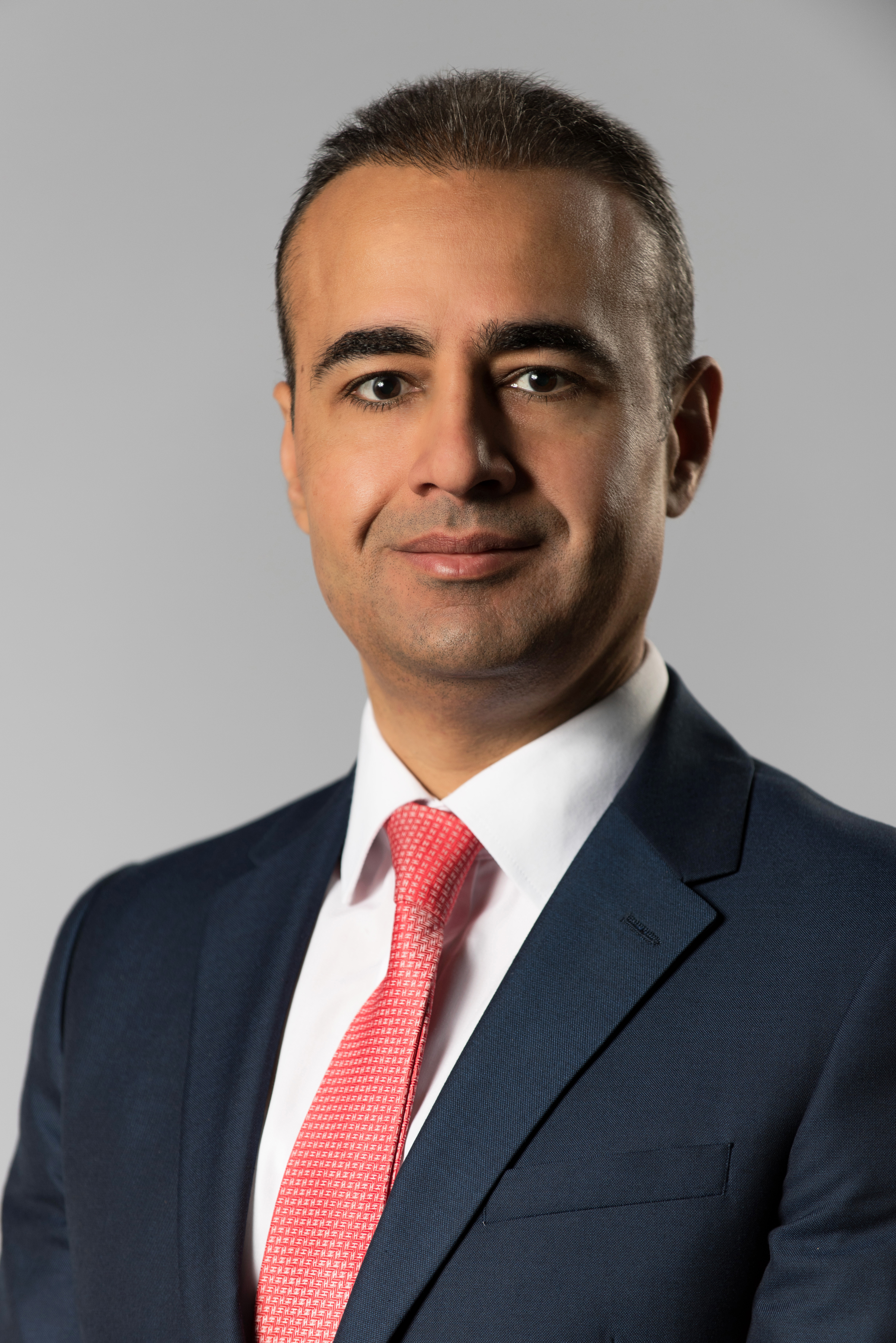Over the past few years, Ahli United Bank (AUB) has accelerated its digital transformation strategy – encompassing various initiatives from the back office to the front and across its operations and core banking businesses.
It is a comprehensive strategy, designed to improve the operational efficiency of the bank and enhance the service it provides to its retail customers, private banking clients, small and medium-sized companies, and larger multinational corporates and financial institutions.
Fundamentally, the changing needs of all these customers are driving the demand for banks such as AUB to transform. But the need to respond to the rising threat and competition of fintech companies is also an important factor, says Samih Abutaleb, group head of digital transformation at AUB in Bahrain.
“Faced with such competition, digital transformation is crucial for banks like us to continue to grow and evolve our business,” he says. “The recent example of a US bank being acquired by a fintech company is a warning of fintech’s growing power, and how the financial industry is changing.”
At the core of how AUB and other banks respond to these changing industry dynamics is recognizing and understanding the shifting needs of their customers – which, for Abutaleb, is the strongest basis on which to devise and execute the most effective digital transformation strategy.
“Digital transformation around the advice, service and products we provide must come from us really understanding and responding to the specific needs of our customers and clients,” he says. “To succeed, we have to try and put ourselves in the position of our customers.”
Transforming retail and private banking
The need to take this perspective is just as true in banking as it is in other service industries. But understanding the needs of customers is challenging, particularly as they can be so varied.
This is especially true in retail banking, where AUB has been busy in recent years driving digital transformation across the business, involving multiple initiatives to cater for customers’ diverse needs. For instance, the bank opened its first digital branch in Kuwait, became the first bank in Bahrain to provide video and WhatsApp banking, launched a VIVR (visual interactive voice response) offering, and initiated the implementation of a digital onboarding platform for savings accounts.
Protecting wealth for the next generation is a key priority.
Samih Abutaleb, group head of digital transformation, Ahli United Bank

Such developments have taken on greater relevance during the pandemic, but they also represent the future of retail banking, where multiple needs are met through a digital offering.
To some extent, the same is true in private banking; but what’s interesting about wealthier customers, is how different their needs are from one generation to the next.
For instance, compared to millennials, older generations more highly value human interaction and advice, and tend to be more conservative and focused on preserving wealth. Younger generations share some of the same characteristics, but are significantly more savvy using digital technology and can have different risk profiles based on different objectives in managing and investing their wealth.
Abutaleb says recognizing these differences, and responding and innovating accordingly, is important when pursuing digital transformation in this business, which is traditionally characterized by the frequently high level of human service between a bank and its customers.
Empowering advisory services
Given this, how does Abutaleb see this relationship, and private banking more broadly, benefiting from digital transformation?
“The main power in any private bank’s value proposition is the advisory service it provides to its clients. A lot of the power behind that, however, is data, and the analytics applied to it,” he says.
One important area in private banking where enhanced data analytics is transforming the customer experience – and, indeed, empowering them in their decision-making – is in investment and wealth management.
“Artificial intelligence can be used, for instance, to provide recommendations to clients on products and investments based on their needs and risk profile,” says Abutaleb. “In addition, customers can see deeper insights in their investment portfolios, especially around risk level and expected returns.”
Customers can see this analysis at any point of time, and with automated notifications alerting them to any material changes in the performance of their portfolio, they are much more in control.
Abutaleb adds, however, that it is not only about managing short to medium-term financial goals – customers are also thinking, planning and investing for the long term.
“Protecting wealth for the next generation is a key priority. Our clients want to understand what will happen next in the world and how that could potentially impact their investments and net wealth,” says Abutaleb. “Data analytics can provide some of the answers, which is of great value to them.”





